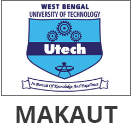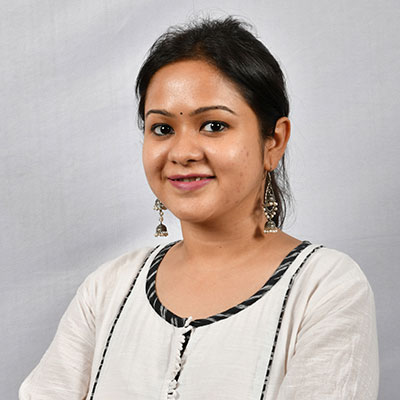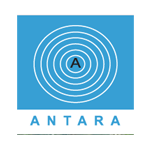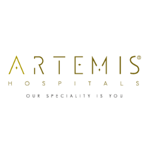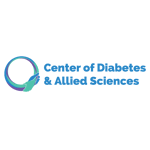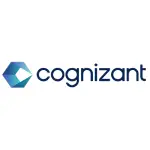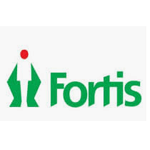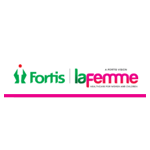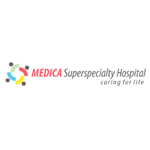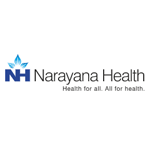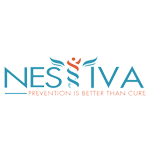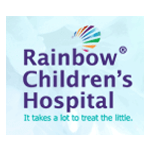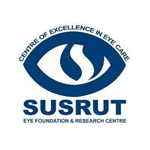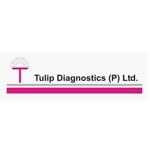- Home
- About Us
- Courses
- NSHM Business School
- BBA (Bachelor of Business Administration)
- BBA – Hospital Management
- BBA – Global Business
- BBA – Sports Management
- BBA – Accountancy, Taxation & Auditing
- BBA – Accountancy, Taxation and Auditing + BSE Certification
- BBA – Banking & Financial Services
- MBA (Master of Business Administration)
- Executive MBA
- MHA (Master of Hospital Administration)
- NSHM Institute of Health Sciences
- Bachelor of Pharmacy
- Bachelor of Pharmacy (Lateral)
- Bachelor of Optometry
- B.Sc. – Psychology
- B.Sc. – Dietetics and Nutrition
- B.Sc. – Medical Lab Technology
- B.Sc. – Radiology & Medical Imaging Technology
- B.Sc. – Critical Care Technology
- B.Sc. – Yoga
- Master of Optometry
- Master of Optometry (BL)
- Master of Pharmacy – Pharmacology
- Master of Pharmacy – Pharmaceutics
- Master of Public Health
- Master of Public Health (BL)
- M.Sc. – Clinical Psychology
- M.Sc. – Dietetics and Nutrition
- M.Sc. – Medical Lab Technology
- M.Sc. – Radiology & Imaging Technology
- M.Sc. – Yoga
- M.Sc. – Yoga (BL)
- NSHM Design School
- NSHM Institute of Computing & Analytics
- NSHM Institute of Engineering & Technology
- B. Tech. – Mechanical Engineering
- B. Tech. – Mechanical Engineering (Lateral)
- B. Tech. in Civil Engineering
- B. Tech. – Civil Engineering (Lateral)
- B. Tech. – Computer Science Engineering
- B. Tech. – Computer Science Engineering (Lateral)
- B. Tech. – Electronics & Communication Engineering
- B. Tech. – Electronics & Communication Engineering (Lateral)
- B. Tech. – Artificial Intelligence and Machine Learning
- B. Tech. – Artificial Intelligence and Machine Learning (Lateral)
- B. Tech. – Electrical Engineering
- B. Tech. – Electrical Engineering (Lateral)
- B. Tech. – Data Science
- B. Tech. – Data Science (Lateral)
- NSHM Institute of Hotel & Tourism Management
- BBA – Aviation Hospitality Services and Management
- BBA – Travel & Tourism Management
- B.Sc. – Culinary Science
- Bachelor of Hotel Management & Catering Technology
- B.Sc. – Hospitality & Hotel Administration
- Master of Tourism & Travel Management
- Master of Tourism & Travel Management (BL)
- M.Sc. – Hospitality Management
- M.Sc. – Hospitality Management (BL)
- NSHM Institute of Nursing
- NSHM Media School
- NSHM Institute of Pharmaceutical Technology
- NSHM Business School
- Schools & Campuses
- Beyond Academics
- Admissions
- News & Events
- Contact Us
Overview
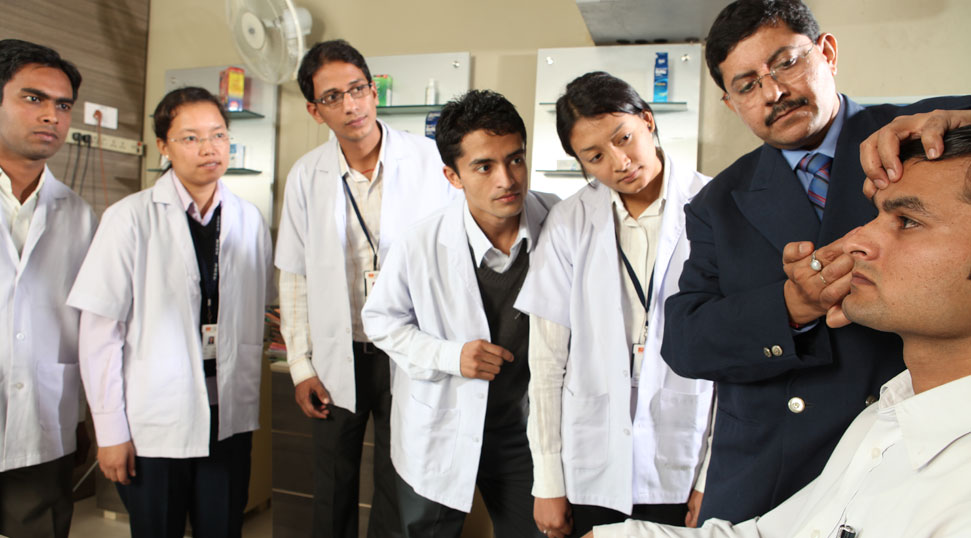
Master of Optometry (M.Optom.) programme at NSHM focuses toward student centred learning methods in providing advanced level of knowledge in all areas of optometry, facilitate practical and clinical exposures for skill training and develop key attitude for professional eye care practice. The current programme enables students to apply recent research to clinical practice, thus, improving their competency as primary eye care professionals and making them a lifelong learner by imbibing evidence based practice in Optometry.
NSHM is one of the prominent colleges in India to offer M.Optom. that provides evidence based practice (EBP) in optometry along with Problem based learning (PBL) and case-based learning (CBL) to improve clinical decision making ability of our students. Students will have the opportunity to practice Eye Examination in Simulated Set-ups, attend weekly seminars and continuous medical education and learn from the industry experts. NSHM conducts study tour of tertiary eye hospitals where students learn about their ophthalmic examination techniques. Students are encouraged to participate in community eye screening camps to strengthen their knowledge and skills.
Programme Education Objective
- Initiate critical acumen required to continuously improve knowledge, skills, and attitude for career advancement through self-study, continuing education programme or higher studies. Inculcate ability to perform effectively in an inter-disciplinary environment, either independently or in a team, and demonstrate significant leadership qualities.
- Use a patient/family-centred approach in prescribing preventive, investigative and management plans; and offer appropriate follow-up services.
- Develop ability to utilize sound scientific and/or scholarly principles during interactions with patients and peers, educational endeavours, research activities and in all other aspects of professional lives.
- Demonstrate skilful techniques problem solving, and possess professional, ethical and compassionate behaviour and standards.
- Exhibit professionalism to reflect in his/her thought and action a range of attributes and characteristics that include technical competence, confidence level, empathy, compassion, understanding, patience, manners, and more to ensure safe, effective and expected deliverables in healthcare learning environment.
Career Opportunities
Optometry is a challenging and dynamic career option that offers high salary, job stability and tremendous potential for growth and further research.
- Clinical optometrist in private practice, government or private hospitals
- Optometrist in retail and corporate sector
- Lecturer / Professor in academic sector
- Research assistant, research associate and research coordinator
- Public health and community optometrist
- Orthoptist
- Designing and manufacturing of contact lens, spectacles, and much more
Programme Structure
Core Curriculum
Contemporary Practice and Insights
occupational optometry
general aspects of occupational health, Visual demand in jobs, task analysis ,visual standards , occupational hazards and remedial aspects. Detail aspects of sports vision and its practice.
Recent advances in optometry
research and scientific advancements in optometry
Business aspects in optometry
setting up and managing an optomety practice with a practitioner’s management skills
Applied optometric optics
theories of applied visual optics and various ophthalmic lens ,frames with its dispensing procedures.
Applied Clinical Optometry
application and interpretation of clinical optometry procedures in routine optometric examination
Diagnostics and Procedures
Advance Ophthalmic Diagnostics & Instrumentation
“advanced learning of design, methods of different ophthalmic instruments and its diagnostic procedures in eye care
“
Pediatric Optometry Binocular Vision
visual perception, behavioural vision care , vision therapy, various binocular vision anomalies investigations, assessment and management/ co- management of strabismic, non-strabismic binocular vision disorders , amblyopia, and with basics of Neuro optometric rehabilitation.
Ocular Disease & Therapeutics
evidence based approach to Diagnosis,clinical decision making to manage / co-manage anterior and posterior segment ocular diseases . Detail understanding of principles of genral pharmacology and application of ocular pharmacology
Geriatric Optometry & low Vision
vision related aspects in Geriatric population, causes of Low vision with its functional and psychosocial consequences and the best suitable low vision care through functional assistive devices and rehabilitation.
Advance Contact lens practice
design, uses and fitting philosopies of various speciality contact lenses ,management of contact lens related ocular complications and fitting philosophy of orthokeratology and myopia control.
Research
Epidemiology and Community Optometry
basics of ocular epidemiology and to inculcate the theoretical knowledge and clinical exposure of community optometry.
Research methodology & Biostatistics
” biostatitics and its statistical application with basic principles of research and methods applied to draw inferences from the research findings.
“
Programme Type - PG
Duration - 2 years
Minimum Eligibility - B.Optom
Degree Awarded By -
